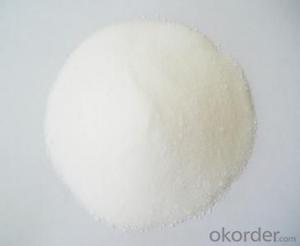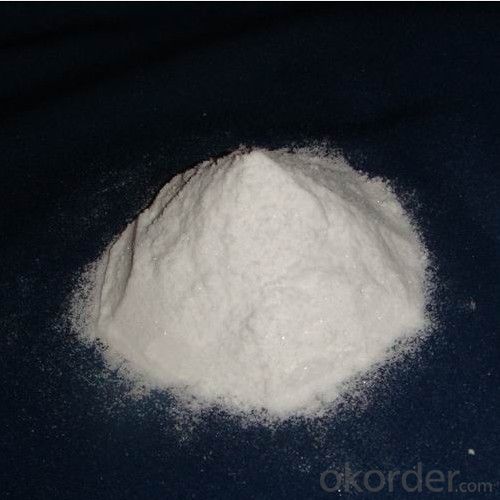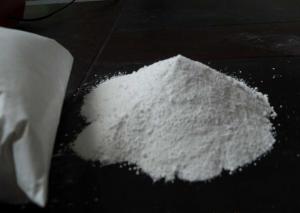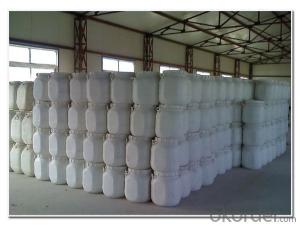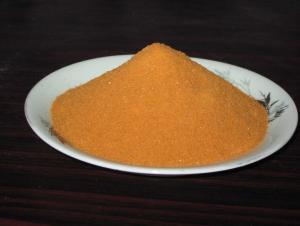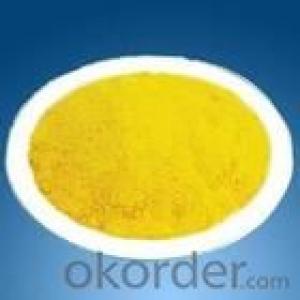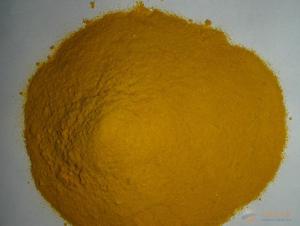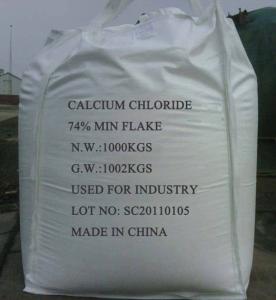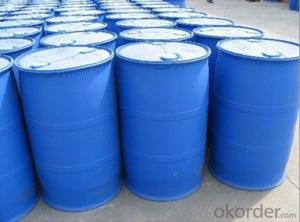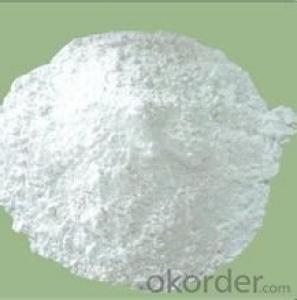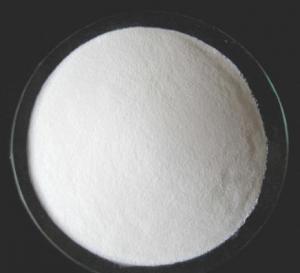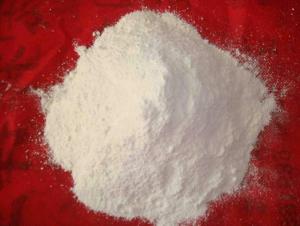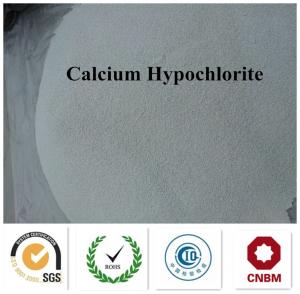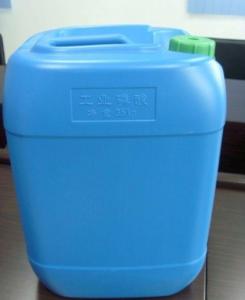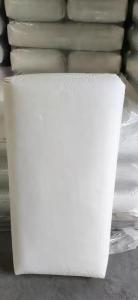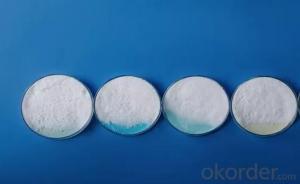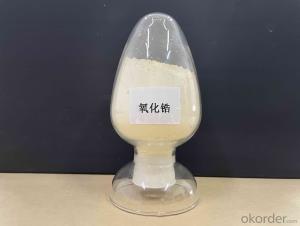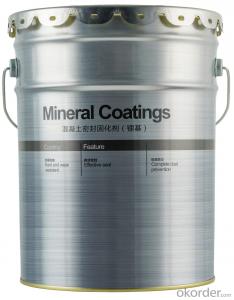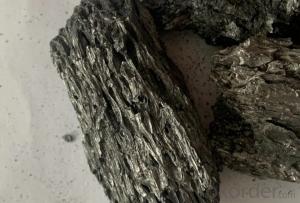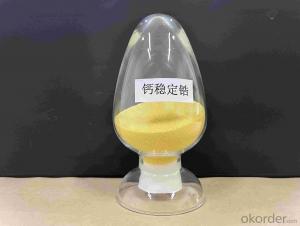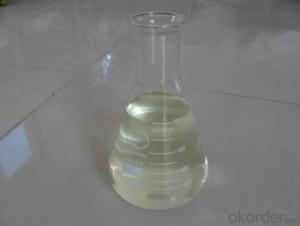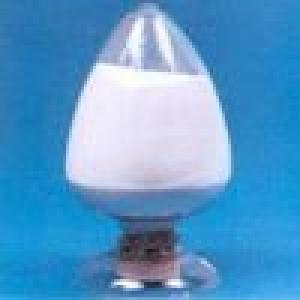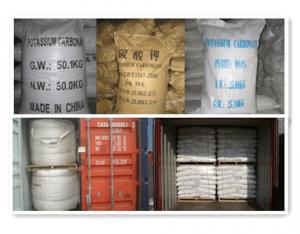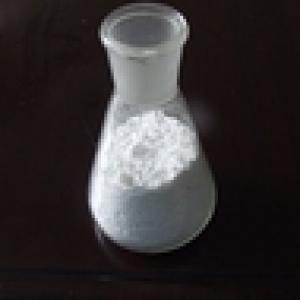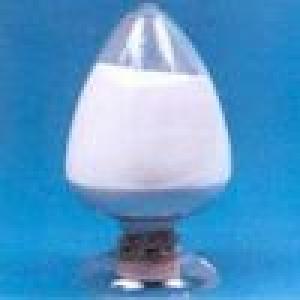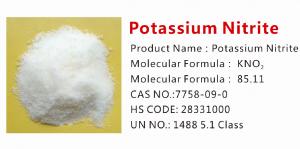Sodium Gluconate Chemical Powder Granular
- Loading Port:
- China main port
- Payment Terms:
- TT OR LC
- Min Order Qty:
- 1000 kg
- Supply Capability:
- 500000 kg/month
OKorder Service Pledge
OKorder Financial Service
You Might Also Like
Sodium gluconate
Technical Index: Q/140700RHP001-2007
Molecular Formula: C6H11NaO7
Molecular Weight: 218.1371
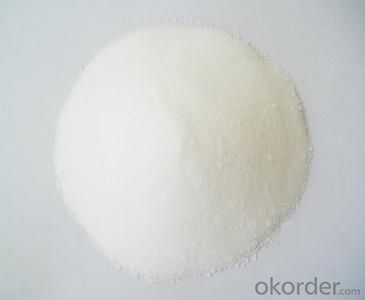
Property:
Particle or a white crystalline powder, easily soluble in water, slightly soluble in alcohol,
insoluble in ether.
Use:
Concrete Retardation, Paul plasticizers, food additives, electroplating complexing agent, water
stabilizer, printing and dyeing industry are color agent, Iron Steel surface treatment agent
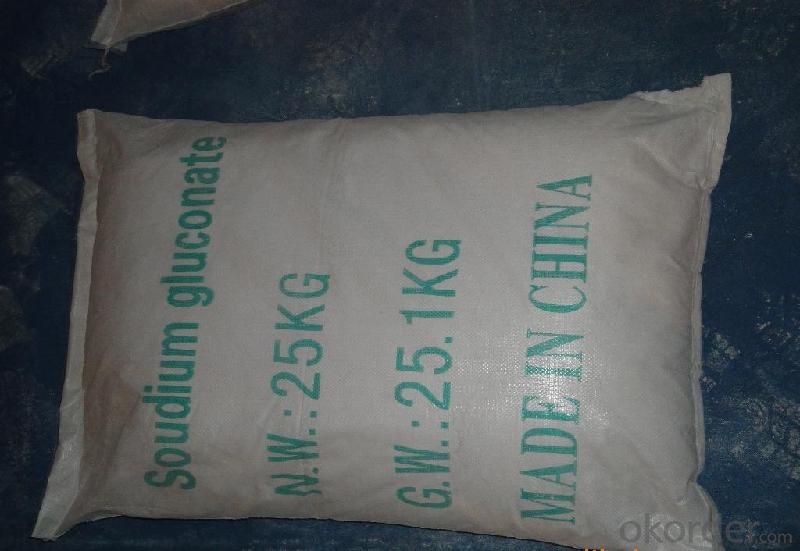
Quality Standard:
| Item | Index | |
Industrial Grade | Food Grade | |
Property | White or light yellow crystal powder | White or light yellow powder or particle |
content | ≥ 98.0 % | ≥ 98.0~102.0% |
Chlorites | ≤ 0.1 % | ≤ 0.07% |
Sulphate | ≤ 0.05 % | ≤ 0.05% |
Restore objects | ≤ 1.2 % | ≤ 0.7% |
Drying Loss | ≤ 1.2 % | ≤ 0.5% |
Lead | ≤ 0.001 % | ≤ 0.001% |
Heavy metal | ≤ 0.002 % | ≤ 0.002% |
FAQ
1.Q: What is MOQ?
A: Our MOQ is 1 TON.
2.Q: Could you offer free sample?
A: We can provide free samples to you for quality testing.
3.Q: What about your packing?
A: For liquid: Flexitank, or IBC tank 1000L
For powder:Woven fabric bag with plastic film liner( 25kg or 1000kg)
Clients’ packing is workable.
4.Q: How about your productive capacity?
A: 150000 tons/Year.
5.Q: What is your delivery time?
A: Within 7 days after received deposit or L/C at sight.
- Q:Does the plant roots absorb inorganic salt ions must be active
- Plants absorb inorganic salts and do not necessarily absorb water. Plants absorb moisture and absorb inorganic salts are two relatively independent processes. Plants absorb moisture through the infiltration of root cells to absorb water, the process is essentially free of water diffusion process, neither the carrier nor the need for energy; and plant absorption of inorganic salts is carried out by means of active transport, This process requires the carrier and consumes the energy generated by cell metabolism. Of course, plant water absorption and absorption of inorganic salts are a certain association, inorganic salts to be dissolved in water to be absorbed, and inorganic salt ions in the transport of plants can not be separated from water.
- Q:I am 18 years old, test the body of inorganic salt content of 3KG, people say that low. What is the value of this use? How can improve it?
- Inorganic salts are inorganic compounds in the salt, formerly known as minerals, the body has found more than 20 species, including constant elements of iron, zinc, selenium, molybdenum, chromium, cobalt, iodine 8. If you pay attention to diet diversification, eat Animal fat, eat brown rice, corn and other coarse grains, do not eat too much refined flour, can make the body of inorganic salt to maintain the normal level should be.
- Q:bonded to an acid molecule called- such as potassium citrate?Thanks
- A mineral is mostly an inorganic salt that can form naturally in the earth. Potassium citrate on the other hand is an organic salt which is formed by addind an potassium base to citrate acid (citrate acid is an acid that is found in fruits and is termed organic as it is mostly has carbon atoms in it)
- Q:Children eat what to add the body of inorganic salts
- Such as fruits, vegetables, beans or soy products, kelp, eggs and so on. Eat hot and humid food: watermelon, bitter gourd, peach, ebony, strawberry, tomatoes, cucumber, mung bean and so on.
- Q:What foods contain inorganic salts?
- Most of the food contains inorganic salts, the so-called inorganic salts, also known as minerals or ash. Minerals are naturally occurring compounds or natural elements in the crust. There are about 50 kinds of minerals in the human body, although they in the human body only 4% of body weight, but it is an essential part of the organism. Kelp, jellyfish, seaweed, moss; bones, soy products, lean meat, animal liver, brown rice and so on.
- Q:What is inorganic salt? Lemon flavor, citric acid, is it an inorganic salt?
- Although the inorganic salt in the cell, the body content is very low, but the effect is very large, if the attention of diet diversification, eat less animal fat, eat brown rice, corn and other coarse grains, do not eat too much refined flour, Salt to maintain the normal level of citric acid is an important organic acid, also known as citric acid, no ...
- Q:What foods contain zinc-containing inorganic salts
- 5: scallop (fresh) (11.69 / 35 g / 100 g)
- Q:Does the lack of inorganic salts cause convulsions?
- The lack of important substances in the salt body is indeed the use of salt to protect the health of important substances than the calcium and phosphorus main body bone calcium blood coagulation muscle contraction and nerve cell regulation very important phosphorus calcium with the same function of food are preserved phosphorus body lack of calcium muscle spasms Can be rash dyspnea gastrointestinal paralysis and other body no phosphorus calcium calcium phosphate can be used to make bone calcium and phosphorus with a reasonable reason to play its role in the use of salt my body's non-essential body about 50 grams of salt according to 0 --- 2 5 grams To follow the excreta outside the body need to be added or otherwise the body of the production capacity of the body is extremely lack of salt can be fainting disease to speed up or even cause muscle weakness in the iron content and its role is not important in vivo iron deficiency anemia and other iron deficiency
- Q:citrate, What is the rationale for using a medium with this type of composition for the performance of the citrate utilization test?Thank you!
- Simmons Citrate Medium
- Q:What cells produce the collagen and inorganic salts of bone matrix?
- Inorganic Salts In Bone
1. Manufacturer Overview |
|
|---|---|
| Location | |
| Year Established | |
| Annual Output Value | |
| Main Markets | |
| Company Certifications | |
2. Manufacturer Certificates |
|
|---|---|
| a) Certification Name | |
| Range | |
| Reference | |
| Validity Period | |
3. Manufacturer Capability |
|
|---|---|
| a)Trade Capacity | |
| Nearest Port | |
| Export Percentage | |
| No.of Employees in Trade Department | |
| Language Spoken: | |
| b)Factory Information | |
| Factory Size: | |
| No. of Production Lines | |
| Contract Manufacturing | |
| Product Price Range | |
Send your message to us
Sodium Gluconate Chemical Powder Granular
- Loading Port:
- China main port
- Payment Terms:
- TT OR LC
- Min Order Qty:
- 1000 kg
- Supply Capability:
- 500000 kg/month
OKorder Service Pledge
OKorder Financial Service
Similar products
New products
Hot products
Hot Searches
Related keywords
